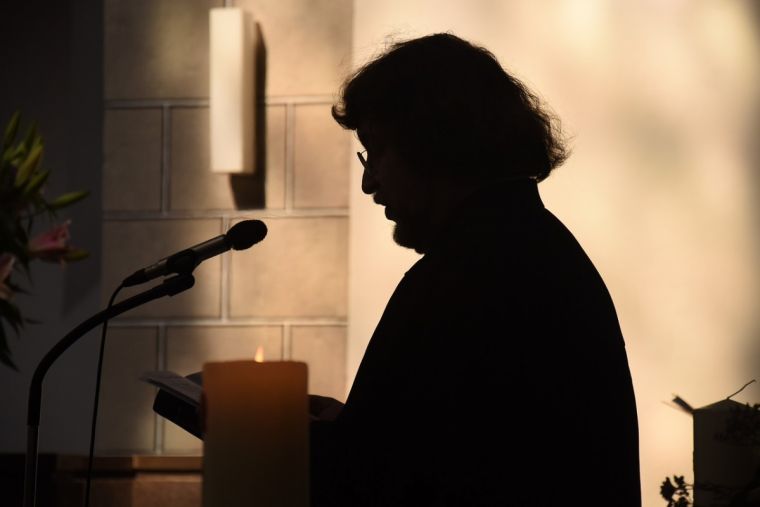What does the British Social Attitudes survey really say about Anglican decline?
So, it's all up with the poor old Church of England.
That's the take-away from the latest British Social Attitudes survey that points to its 'unrelenting decline', anyway. It's even worse in the Church of Scotland.
The number of Brits who self-identify as Anglicans has halved in the last 15 years, and our national church now claims the allegiance of only 14 per cent of us. Among young adults, it's only two per cent. At current rates of decline, etc, etc.

However, it's quite important to be clear about what these figures actually tell us, and it may be that they don't tell us very much. They are not evidence of someone's religious practice; they are an untestable statement of affiliation. (Ask me if I play the guitar and I'll say 'yes', though I haven't picked it up all year.) There is a question about how often people go to church, but the BSA doesn't actually count them. In fact in 2017 it was reported that the number of Anglican worshippers – though it had declined dramatically overall since 1983 – had actually risen 'gently' during the last three years.
What the survey does tell us is that when it comes to box-ticking, people are far less likely to tick the one that says 'CofE' – for so long the default position for much of the country. 'When I mention religion, I mean the Christian religion; and not only the Christian religion, but the Protestant religion; and not only the Protestant religion, but the Church of England,' says the combative Parson Thwackum in Tom Jones (1749). It took a long time for that to change, but the change has come. Partly it's from being exposed to so many more spiritual options thanks to multi-culturalism and to the internet, home of the weird and wonderful. Partly it's from the New Atheist assault that for a while made it uncool to believe anything.
Partly, too, it's because people have less need of the church for their social networks and as a community resource – even as somewhere to get married – so the points of contact between them are fewer. Church, and clergy, have become alien rather than normal.
Another contributing factor to this is the heightened religious temperature of our day. Religion seems to matter more than it did. Tim Farron is hounded out of office because of his religious beliefs. Boris Johnson jokes about burkas and faces calls for his resignation. If you are not particularly religious and have just never really thought about it all, ticking that 'CofE' box starts to look like less like clicking 'I agree' to a website cookie request and more like picking a side in an existential struggle.
And, of course, the rise of evangelicalism in the Church is part of this phenomenon too. It's not the old vague, middle-of-the-road, wishy-washy, doctrine-lite thing it used to be: these people mean business, and that too can be off-putting. For evangelicals, it's important to know which side of the saved/unsaved line you stand, in a way that other traditions are not nearly as interested in. Forcing someone to face the question, 'Are you a Christian?' is, more often than not, quite likely to elicit the answer, 'Actually, no' – and that's not necessarily a bad thing.
All in all, then, the BSA survey does not indicate that the curtain is coming down on the CofE any time soon; and there's plenty to be optimistic about, in fact. The number of young people wanting to be priests has soared; it's planning 100 new churches. Most people involved in church life can point to something good happening, even if times are hard in places.
How, these figures do underline something important. The Church is becoming less and less embedded in the public consciousness as representative of their own spiritual identity. It has become strange. It has to decide how much of its strangeness is down to an artifical and fixable alienation from the wider population – those hats bishops wear, for instance – and how much is inseparable from its very nature as the body of Christ, a very strange thing indeed.
Faithful Christianity will never fit comfortably into society. If it seems to, it's because it has gone wrong. 'Woe to you when all speak well of you,' Jesus said (Luke 6:26). There's not much danger of that at the moment, and perhaps the CofE should be thankful.
Follow Mark Woods on Twitter: @RevMarkWoods











